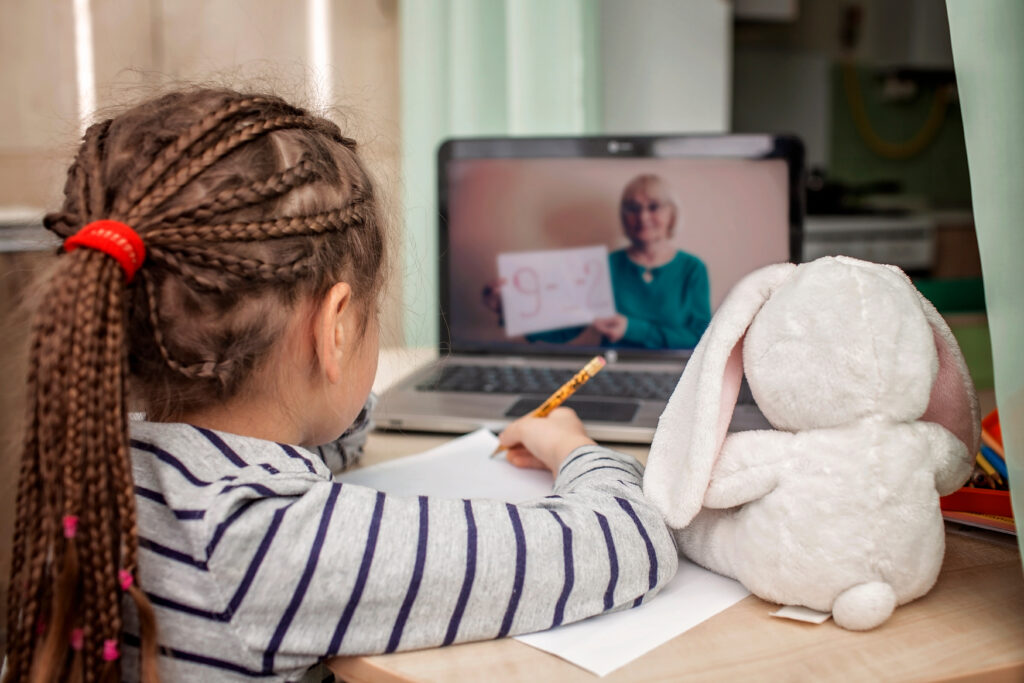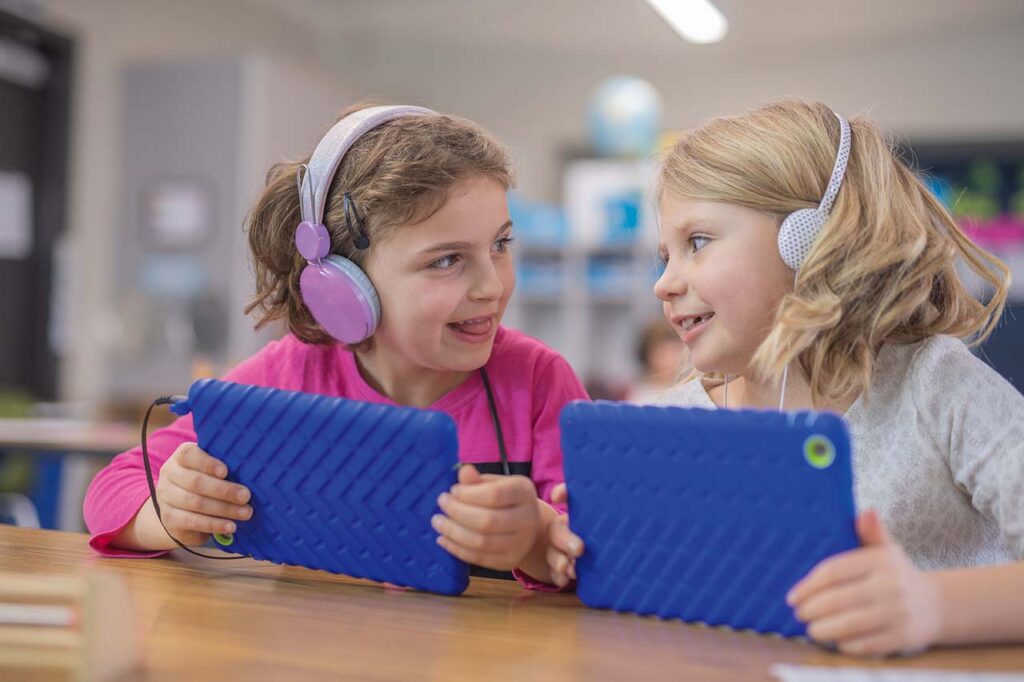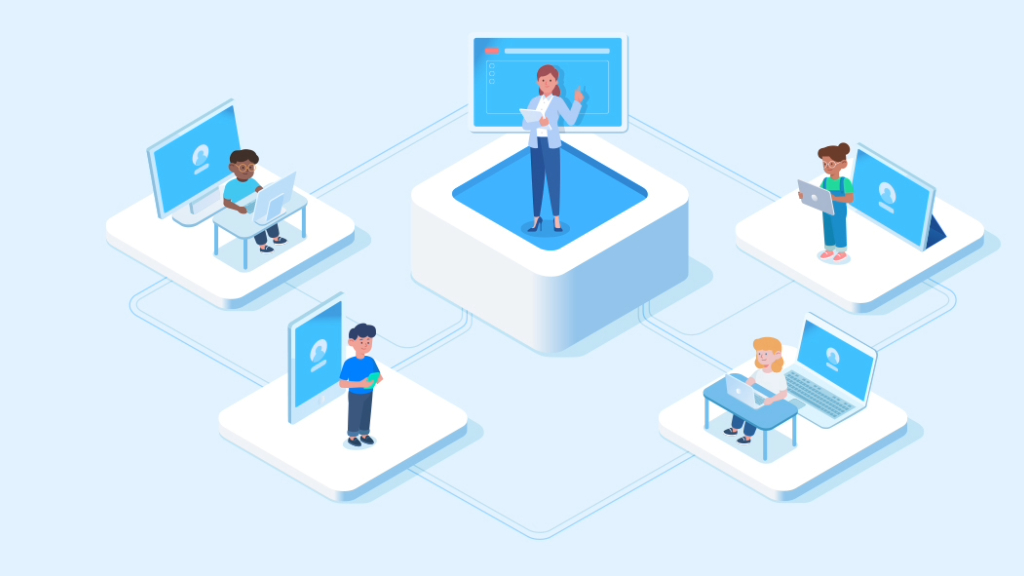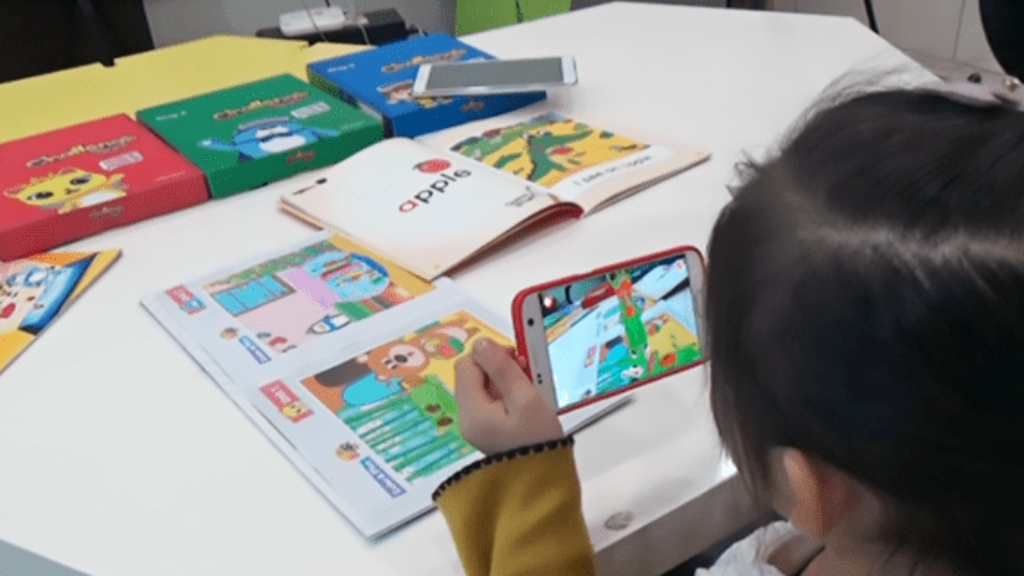In today’s world, digital technology is ubiquitous and has become an integral part of our daily lives. From smartphones and tablets to laptops and social media, technology is everywhere. It’s no surprise that digital literacy has become an essential skill for children to develop. Digital literacy is the ability to use digital technology, communication tools, and networks to access, manage, understand, and evaluate information.
Developing digital literacy skills in children is critical because it prepares them for success in the future. With the rise of remote learning, online education, and virtual communication, children who lack digital literacy skills may struggle to keep up with their peers. Digital literacy is also a crucial component of the modern workforce, with many jobs requiring proficiency in digital tools and platforms.
Moreover, digital literacy can help children become responsible digital citizens. It teaches them how to navigate the internet safely, avoid cyberbullying, and protect their privacy online. Digital literacy also promotes critical thinking and analytical skills, which are essential for evaluating the reliability of online information and making informed decisions.
So, what are some ways that digital literacy can benefit your children? Here are six ways:
1. Improved Academic Performance:
Improved academic performance is one of the significant benefits of digital literacy for children. Digital literacy skills can provide children with access to a wealth of resources and tools that can enhance their learning experiences and academic performance.
For example, educational apps and websites can provide children with interactive and engaging content that can help them better understand complex concepts in subjects such as math, science, and history. For instance, a student struggling with algebra concepts can utilize digital tools such as interactive math games or tutorial videos to enhance their understanding of algebra concepts.
These resources can make learning more engaging and help your child better understand complex concepts.
2. Better communication skills:
Digital literacy can also help children develop better communication skills, both online and offline. Through social media, messaging apps, and video conferencing, children can learn how to communicate effectively and respectfully with others, even across cultural and linguistic barriers.
Children today are growing up in a world where online communication has become the norm. Social media, messaging apps, and video conferencing have become an essential part of their lives. By using these tools, children can learn to communicate with others in different ways, whether it’s through text, images, or video. They can also learn to use different tools to express themselves and convey their message more effectively.
For example, suppose a child wants to communicate with their friend who lives in a different country. They can use messaging apps, video conferencing tools and even translation apps to communicate with them, share updates, and maintain their friendship. This can help the child develop better communication skills and learn to interact with people from different cultural backgrounds.
Digital literacy can help children develop better communication skills by providing them with tools to communicate effectively and respectfully with others, even across cultural and linguistic barriers. This can help them build strong relationships and thrive in today’s increasingly connected world.
3. Increased creativity:
Digital tools can help children express their creativity and imagination through the creation of digital art, music, videos, and other forms of multimedia.
For example, a child can use digital drawing software to create a digital painting that uses special effects or incorporates elements from different artistic styles. This can help the child develop their creativity and experimentation skills, as well as their technical skills in using the software.
Or a child can use digital animation software to create a stop-motion animation, bringing their characters to life through digital animation. They can also use video editing software to create a short film or music video, experimenting with different techniques and styles to create a unique and creative video.
These tools can help children explore their creativity in new and exciting ways, while also developing their technical skills in using digital tools.
4. Improved problem-solving skills:
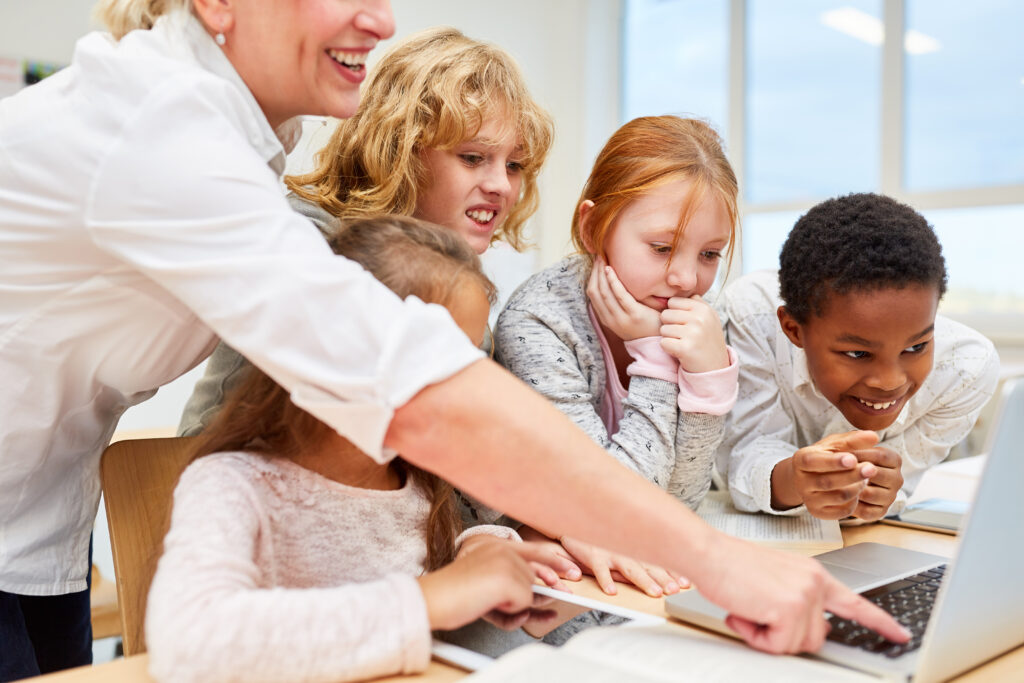
Digital literacy can enhance children’s problem-solving skills by teaching them how to find, analyze, and evaluate information online. This includes learning how to identify reliable sources of information and how to use critical thinking skills to solve complex problems.
For instance, suppose a child is researching a topic for a school project. Digital literacy skills can help the child identify reliable sources of information, such as academic journals and credible websites. They can then use critical thinking skills to evaluate the information found, analyze the data, and draw evidence-based conclusions to answer the research question.
These skills are essential for children to thrive in today’s digital age and to succeed in their academic and professional pursuits.
5. Safer online behavior:
Digital literacy skills can also help children stay safe online by teaching them how to protect their personal information, identify online threats, and avoid cyberbullying.
As an example, suppose a child is doing research online for a school project. Digital literacy skills can help the child learn how to use safe search options and web filtering tools to limit their exposure to inappropriate content. They can also learn how to recognize and avoid malicious websites that may contain viruses or malware.
These skills are essential for children to stay safe online and enjoy the benefits of the internet and social media without compromising their security or well-being.

Invest in Your Students’ Digital Future with Visang
As you can see, digital literacy is an essential skill for children to develop as it prepares them for success in the future. It enhances their academic performance, communication skills, creativity, problem-solving abilities, job opportunities, and online safety.
Visang’s edutech products can play a crucial role in helping children develop these digital literacy skills, allowing them to thrive in today’s increasingly connected world.


